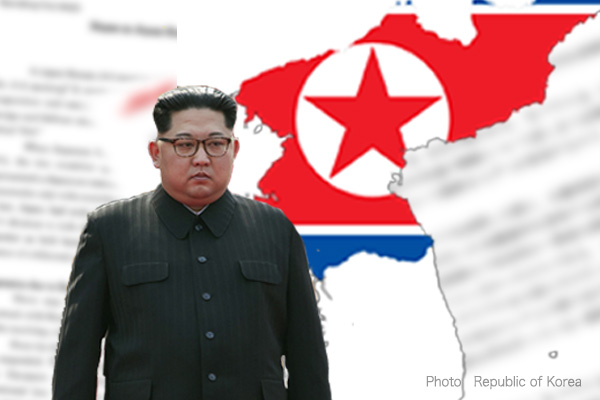North Korea is currently experiencing a terrible food shortage, leading to starvation deaths throughout the country, including its capital of Pyongyang, according to human rights activist sources. Food rations to military officers, security officers (ordinary police) and security guards (political police) stopped in June, after those to their families discontinued around November last year. Soldiers are also starving due to scarce food. News media in Japan and South Korea have hardly reported such famine situation.
Some human rights activists who have defected North Korea to the South are in constant contact with sources within North Korea. Among them is Free North Korea Radio Director Kim Seong Min, who provides shortwave radio broadcasting services for North Korean people. I would like to provide the famine situation Kim heard from multiple sources in North Korea in early July.
Collapsed food rationing system
More than 3 million people starved to death in North Korea from 1995 to around 1998. The mass starvation has been called an “Arduous March.” North Korea’s food rationing system has collapsed completely since then. In July 2002, the then Kim Jong Il regime raised the national price of rice from 0.08 won per kilogram to 44 won to allow rice to match the reality, and converted the distribution system from a nearly free one to a properly-priced one, in an attempt to make rice available at the ration stations. However, rationing did not resume. North Koreans, except Pyongyang residents, have received no rations since the mid-1990s. They have only received modest food gifts free of charge for the New Year’s Holidays and the birthdays of late dictators Kim Il Sung and Kim Jong Il.
People had no choice but to buy rice at changmadang (markets) for at prices around 5,000 won per kilogram, more than 100 times national prices. They began to sell goods in the markets in order to survive.
After the 8th Congress of the Workers’ Party of Korea in January 2021, the Kim Jong Un regime introduced a new food system. In order to control the prices and distribution of food, the regime created food sales stations throughout the country to sell food 20-30% cheaper than market prices. However, due to the impact of economic sanctions and the COVID-19 pandemic, the food crisis accelerated, and all the grains produced were concentrated to the military, the security department, and the central area of Pyongyang. As a result, from 2021 to mid-2022, only about 5 kilograms per month were supplied to households through sales stations in rural areas, depending on the region.
Food distribution suspended even to high officials
In 2023, the situation worsened further. Since January, rice supply has been cut off at food sales stations nationwide. Even in Pyongyang, food supply through sales stations has stopped in most areas. Pyongyang has 19 districts and four counties, of which 13 districts and four counties have suspended supply through food sales stations. In the remaining six districts (Jung, Pothonggang, Moranbong, Songyo, Taedonggang and Mangyongdae) in central Pyongyang, food sales stations supplied rice before being closed in May. High officials of the Workers’ Party and the government were normally supplied with food at exclusive supply stations until the supply stopped in June.
Military officers, security officers and security guards received food rations (700 grams per person per day) till May, but they were suspended in June. Distributions to their families (500 grams per person per day) have stopped since around November last year.
Some central government agencies and factories purchase food on their own and distribute it to their employees.
North Korea’s new “Arduous March” is currently underway, with many people dying of diseases, starvation and, in winter, freezing even in Pyongyang.
Tsutomu Nishioka is a senior fellow and a Planning Committee member at the Japan Institute for National Fundamentals and a specially-appointed professor at Reitaku University. He covers South and North Koreas.


